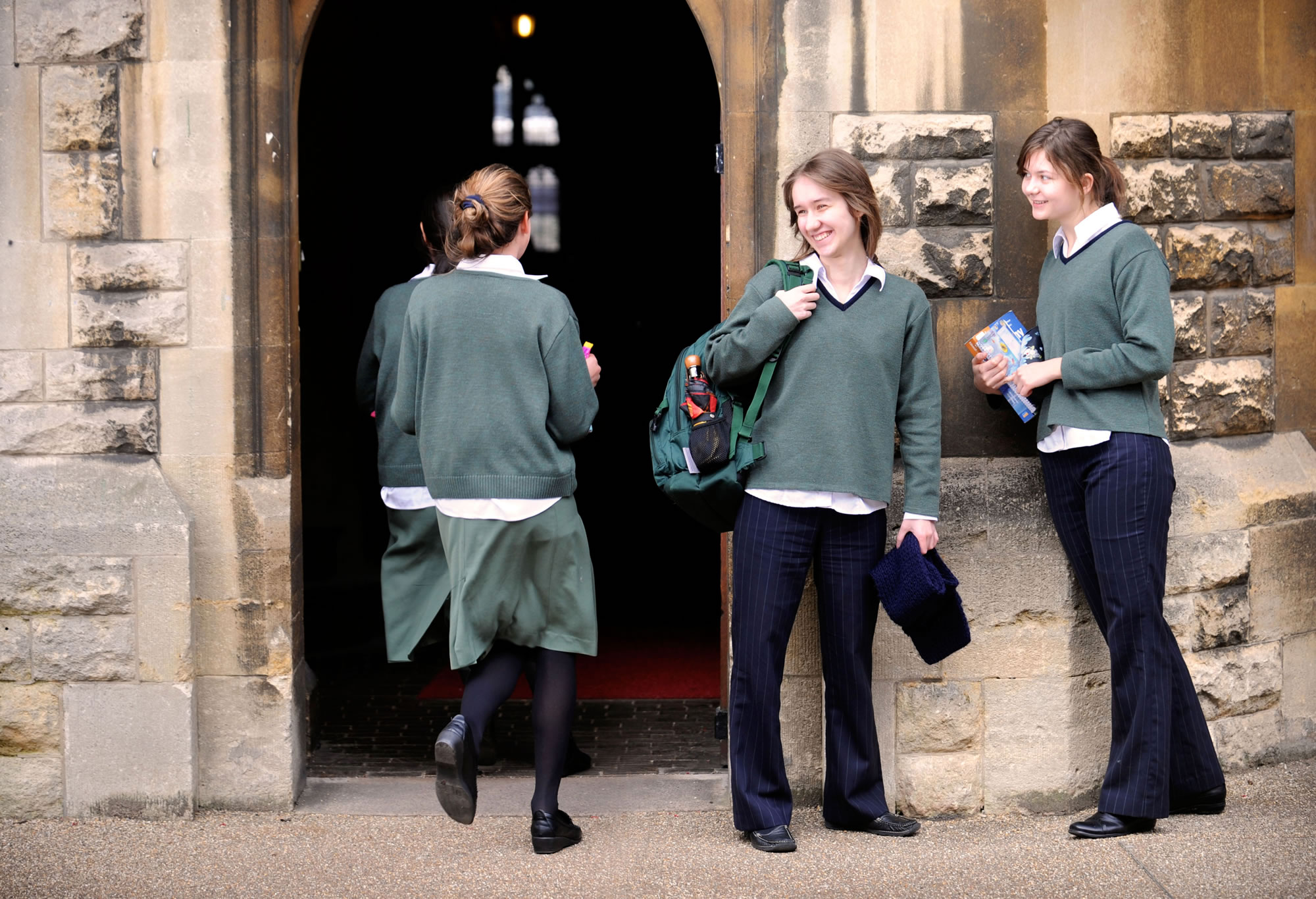Expert Insights
Subject Selection for your GCSEs, A Levels and IB: advice from Dr Caroline Watkinson
Published 22nd April 2021

Fresh from discussing UK university admissions and entrance into sixth form via the 16+, the indefatigable Caroline Watkinson joined us once more to deliver a webinar, this time outlining how students should go about choosing their subjects both at GCSE level and for A levels or the IB.
It can be hard for students to know where to start with subject selection. There are so many options, even within one school, whilst your decisions will have an impact on potential future study and careers. In this webinar, Caroline focused on how you can refine your thinking and make sensible choices.
Choosing GCSEs, for many students, is the first point at which you must make meaningful decisions about the direction of your education. In Year 9 you will have to choose 10-11 subjects as GCSEs. Some choices are already made for you. All students must study English (both Literature and Language), Maths and the Sciences. Many top schools also insist that students take at least one language (of your choice). After that, however, you have some freedom to choose. Many schools will divide subjects up into ‘blocks’, from which you have to choose a certain number of subjects. A common split, for example, is making students choose from just one of History and Geography. The breakdown will depend on your school, however.
How to choose? Caroline cautioned firstly against overthinking things. Start by reflecting on which subjects you are good at and which you enjoy. It’s important to get good GCSE results and choosing subjects you’re strong at will enable this. From there, look to the future. Do you already have an idea of what you are interested in studying at A level/IB or university, or even what career you want to enter? If so, remember that your GCSEs (and your performance in them) will determine your future choices. Studying ICT in Sixth Form, for example, will necessitate strong Maths results (so perhaps you should consider the Further Maths GCSE).
Caroline had some additional, practical tips for refining your choices. Talk to your teachers (and older students) and attend subject fairs to do your research. Undertake assessments or attend taster sessions (Ivy Education can offer both). Decisions won’t make themselves, so be proactive and acquire as much information as you can.
After GCSEs, there are two programmes of study offered in the UK: A Levels and IBs (the International Baccalaureate). Whilst it is unlikely you will be able to choose between them - most schools in the UK run A levels - if you do have such a choice Caroline was keen to explain their different focus before breaking down how to choose subjects in each.
A Levels offer you a specialised focus on a narrower range of subjects. Students study 3-4 subjects over the two years, supplemented with free periods for independent learning and perhaps enhanced by taking General Studies, an EPQ, or a CREST Award. IBs, meanwhile, are broader, and consist of 6 subjects taken from 6 disciplinary pathways, encompassing sciences, languages, humanities and maths. Extra elements are compulsory: an extended essay, a ‘Theory & Knowledge’ course, and a CAS report.
What does this mean for students who do have a choice between programmes? In general, A Levels are well suited for students sure of their areas of interest. Students who want to focus on either humanities or science will be able to go deeper into the relevant subjects. Work will be detailed and focus on micro-analysis. The IB, on the other hand, is better for students who want to keep their options open. Work is generalist and encourages broad, comparative analysis. Such an approach can be valuable if you want to move into an interdisciplinary career (for example in business or logistics). Furthermore, extracurricular time is more structured, so if you struggle to organise your time, the IB can be a wise choice.
How to go about choosing subjects within these two programmes, then? Within A Levels your choice can be narrower and entirely focused on your interests. It’s possible to take all essay-based subjects, or all maths and sciences. However, because you’re choosing fewer subjects, each choice is very significant. You need to think ahead to university and even your career, as some courses or pathways might be closed to you if you don’t choose certain subjects. In the past, Russell Group universities have spoken of ‘facilitating subjects’ - including History, Maths and Languages - so if you’re unsure, researching these is a good place to start. For the IB, you will need to get to grips with the 6 separate subject strands; however, you will be guaranteed to study a range of subjects and the choices are less confining than in A Levels.
Caroline finished with some top tips to follow regardless of your programme. One myth she wanted to dispel was with concerns over ‘Hard’ or ‘Soft’ subjects. She explained that this worry was largely a media creation and subjects such as Media Studies offer interdisciplinary thinking and a skillset that universities value. Beyond that, she reiterated advice to think ahead and consider what you want to study at university or study in your career. Be proactive: attend taster sessions, do your research and talk to whoever you can about your choices. And, of course, if you need any help making those choices, Ivy Education’s experts are on hand to offer you guidance.
We hope this insight proves useful for any students negotiating subject selection. As ever, don’t hesitate to get in touch with Ivy Education if you need help on any aspect of your education.












